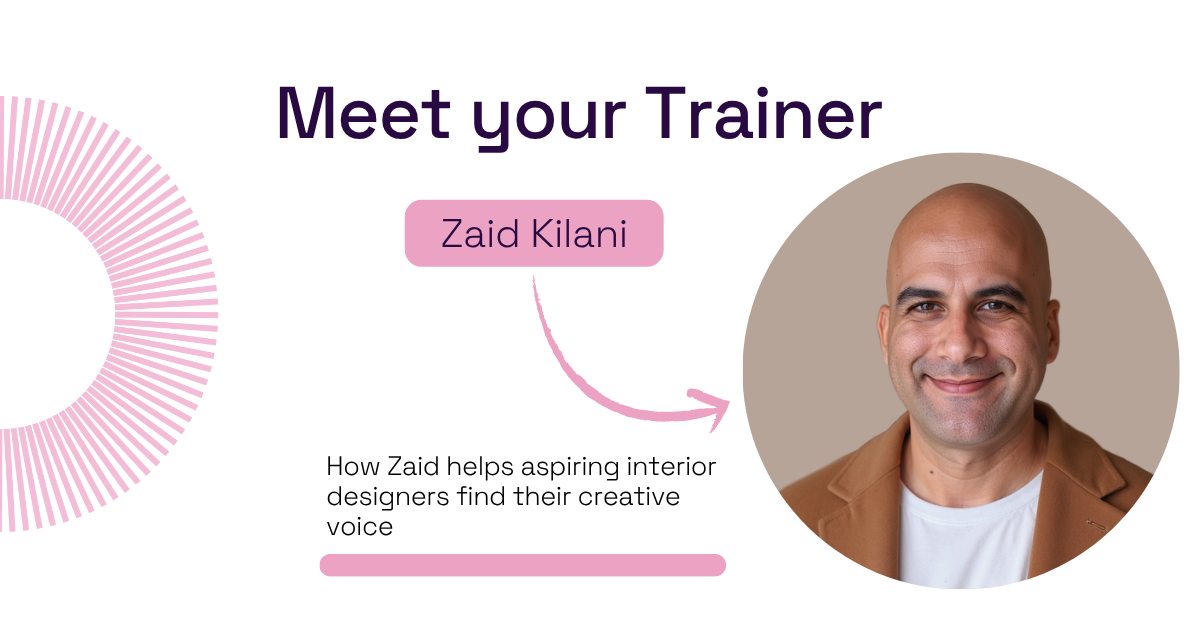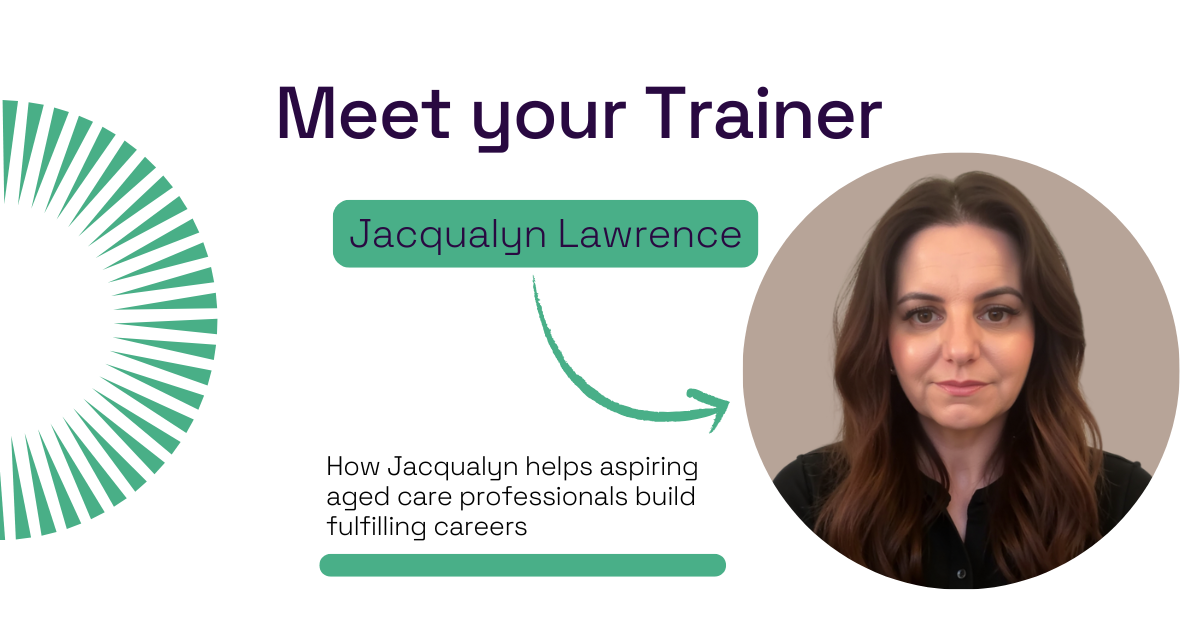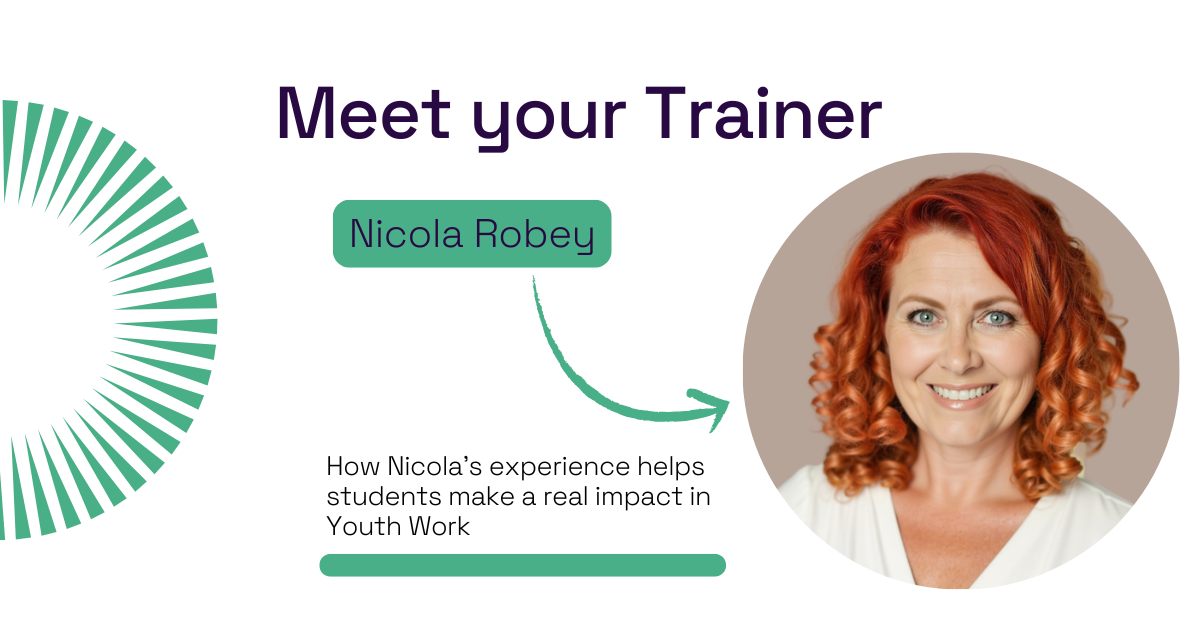Explore our collection of informative and educational blog posts to stay updated on the latest industry trends and expert advice.
How to socialise when you have social anxiety

Being a bit anxious when meeting new people or when having to address a group is something we can all relate to. The quickened heartbeat, the blush, the self-conscious embarrassment.
For people with social anxiety, however, these symptoms (and more) are heightened and are present with most social interactions.
In fact, the fear can get so bad that sufferers may start to feel the edges of panic long before they have to attend an event. Eventually, for most, they start avoiding the people and places that cause anxiety.
If you are one of the hundreds of thousands of social anxiety sufferers, it’s important that you know that there is help available. You don’t have to live with the constant panic and fear that comes with interacting with people.
With some work, determination and a sprinkling of self confidence, you can manage your social anxiety, and eventually wave it goodbye entirely.
Challenge the thoughts
If you have social anxiety, the chances are that it is rooted in a deep fear of what others think about you.
You are scared of people not liking you, of people judging you, and of people thinking you are weird or strange.
When faced with a social interaction, these fears surface in the form of negative thoughts. They may sound like this:
- “I’m going to say something stupid.”
- “What if I have nothing to say and I bore people?”
- “What if I freeze and don’t say anything at all?”
- “What if they think I’m weird?”
The list could go on and on and on, but you get the point.
Instead of accepting these thoughts what you need to do is challenge them. Remember, a thought is not the truth, it is just a thought.
So when these fear thoughts surface, stop and give yourself a bit of time to challenge them. Ask yourself the following questions:
- Am I 100% sure that _____________ will happen?
- How many times has ______________ actually happened?
- What is the evidence that supports my thought?
- What is the evidence that does not support my thought?
- Is _______________ really so important that my whole future depends on it?
- Does _________________’s opinion reflect everyone else’s?
- Am I responsible for the entire conversation?
- What is the worst that could happen?
- What can I do to cope/handle this situation?
- Do I have to please everyone? What will actually happen if I don’t?
- What is another way of looking at this situation?
- What would I say to my best friend if he/she was having this thought?
By challenging your thoughts you will see that there is very little likelihood of the things you fear happening, and if they do, you will realise that it’s not all that bad.
Focus outwards not inwards
It may seem counter-intuitive, but when you are anxious you actually pay very little attention to the person or people you are worried about. Instead, you focus all your attention on yourself and your negative thoughts.
It’s like if you placed a mirror in between you and the other person. All you can see is yourself. It makes communication very hard.
To stop this, what you need to do is place all your concentration on the other person or people you are with. You will find it is nearly impossible to feel self-conscious when you are fully focused outward.
Tips to focus outward:
- Ask questions and really listen to the answers.
- Be interested in the person and in understanding them.
- Notice what the person is wearing, what their facial expression is saying, etc.
- Notice your surroundings: what type of room are you in? What is the weather like?
Social anxiety and breathing
Breathing and anxiety are closely linked. One of the first things to happen when anxiety arrives is quicker, shallower breathing.
When you are in a social situation and you start to notice yourself getting anxious, or when you are approaching a social situation and are already really anxious, do this breathing exercise:
- Take a slow breath in through your nose for a count of eight seconds, sending it deep into your lower belly.
- Hold your breath for two seconds.
- Exhale slowly through your mouth for eight seconds.
- Wait two seconds before taking another breath.
- Repeat this breathing method for three to five minutes (more if necessary).
Slowing your breathing down ensures you get the right amount of oxygen in your blood, and will stop physical symptoms like tingling, giddiness and feeling faint. Slow breathing will also help to calm and focus your mind.
Gradual exposure
This next step may sound terrifying, but if you don’t want to live your life with social anxiety, you need to gradually expose yourself to the things that cause it.
Gradual exposure retrains the part of your brain that deals with fear (the amygdala) to respond differently in social situations.
If your social anxiety revolves around eating in front of strangers, gradual exposure therapy may involve:
- Imagining yourself in a situation where you are eating at a dinner party. When you start to feel anxious, you breathe deeply, relax and imagine navigating the situation with ease.
- Repeat the above exercise daily for a couple of weeks. Each imagined scenario may be different, but the result is the same; you are calm, cool and collected.
- Next, you head to a local café at a time when not many people are about. Order a drink and finish it. You do this every day for a week.
- You head to a café at a busy period, order a drink and finish it. You do this every day for a week.
- Next, you go to a café early in the morning for a croissant and a cup of tea. You do this every day for a week.
- Next, you go to a café at lunchtime and have a sandwich and a drink. You do this every day for a week.
- You head to a restaurant for a meal with a friend. You do this every day for a week.
- Finally you host a dinner party with a few friends in your own home.
Gradual exposure gives your brain the time it needs to adjust, adapt and form new associations between the situation and the amygdala. It is best done under the guidance of a therapist.
Build better relationships
Building real connected relationships is a great way to move through social anxiety.
Focusing on understanding people, knowing them, and having them really know you, takes the focus off the thought of whether they’re judging you.
Instead of thinking about how they could judge, hurt or exclude you, think in terms of how you could get to know them and how they could get to know you.
And if they don’t like you, well, that’s not really a big problem. You don’t want people like that in your life.
There are too many people in this world that will like you for who you actually are, to go wasting your time on those you don’t gel with.
It’s okay not to gel with everybody on this planet.
Focus on what you want in situations
The fear of being evaluated can get you get caught up in the trap of trying to please other people, of worrying what they think about you, and how you are coming across.
Instead of doing this, you need to start shifting your focus to “what do I want out of this?”
Do you like this person? Do you enjoy their company? Do you like chatting to them? What do you actually like talking about? Do they like talking about that? (If not, find someone who does).
Don’t forget that you matter. You need to respect your own needs and wants.
You’re nervous, everyone gets nervous
It’s likely that when you are anxious you feel alone, like you are the only one feeling this way.
In reality, the chances are high that someone else around you is also nervous, or scared, or panicky. In fact, according to Australian statistics, around 1 in 5 people will suffer from anxiety at some point in their lives.
Knowing that you are not alone, that other people have, and are currently, living through anxiety can go a long way to normalising your experience. You are not alone. You are not weird. And you are not the only one who has ever felt this way.
View difficulty as a challenge or adventure
The way you look at and approach a situation can greatly influence your experience. It sends signals to your brain and body that the situation is either scary, fun or boring.
The next time you start to feel socially awkward, try to imagine the situation as an exciting challenge or as an adventure. You may be surprised at what a difference this can make.
Practice
So now you have the knowledge and the tips to help you with your social anxiety, you now need to practice, practice, practice!
Don’t expect miracles overnight, but with time, patience and practice, you will overcome your anxiety, and these anxious times will fall into the dusty bookshelves of your memory.








